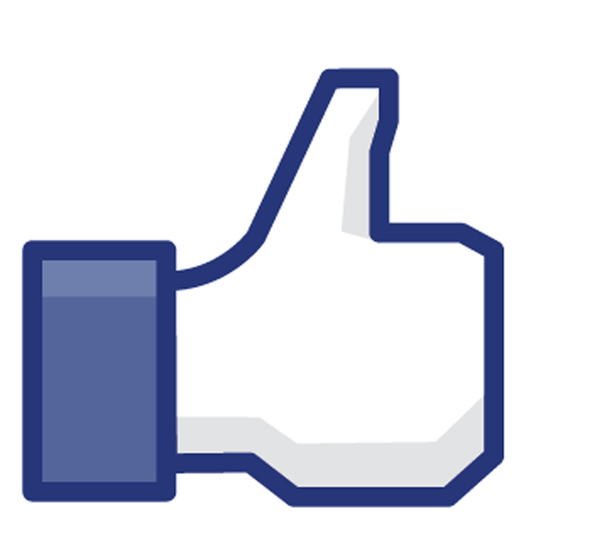"Yeah, haven't been on Facebook that much since my grandma got one."
"You should totally follow my friend, *insert name here*. Their tweets are straight fire."
"Oh my god! I know that guy, he totally slid into my DM's after that party last week!"
Social media. We all have it and we are all just a little guilty of overusing it. Sure, there are definitely some awesome benefits from these sites! Like when you're trying to plan your sister's surprise birthday party but don't have 12 spare hours to be on the phone with Aunt this and Cousin that to hear about Bobby's baseball game or Jane's new hip...so you just make an event on Facebook; piece of cake. Or when your best friend from college moves across the country and instead of having to go to all the effort of typing out a text or dialing a phone number to keep in touch, you just mutually like each other's Instagram posts, signaling "Hey! You're still alive! I'm still alive! Cool!" Yes, social media has absolutely simplified staying in touch, but what about the not so lovely aspects of social media?
You update your profile picture on Facebook and not to toot your own horn or anything...but you are lookin' pretty dang fine in it. The lighting was perfect, the background color doesn't clash with your dress color, and you look just the right amount of cuter than your best friend (it's okay, she'll understand...probably). Pleased as punch with your work, you lock your phone and settle in to write another Odyssey article. Hmm...no, let's flip those words around...okay read it out loud...does that even make sense? Ehh...time for a break! You go check on your perfectly filtered picture to see how many likes it has gotten. A seemingly innocent act. As you check the like count, you'll compare it to your last profile picture, becoming either enthralled or disappointed with the contrast.
This kind of thinking is what makes social media a detrimental part of our egotistical society. The image we have of ourselves is being directly affected by whether or not some person we barely know from summer camp 4 years ago "liked" a picture of us. Keep in mind, this isn't even in reality, it is in the cyberspace world. The flaw is not in wanting to be liked, every human being strives to be liked, or better yet loved as Facebook has recently allowed us to do with our friend's posts. The problem arises from where will the passion for ultimate satisfaction end?
On Instagram, users put hashtags of things that the picture could be associated within the caption of their photo. This can boost "likes" and interactions because while exploring a certain hashtag, their picture will come up with similar ones. There are many different apps solely devoted to stroking your ego by letting you get so many free "likes" on your picture if you go through and "like" other user's photos who are also using the app. Many people will use "#L4L" or "#F4F" hashtags which stand for "Like for like " or "follow for follow" essentially meaning "those who give, will receive." The Netflix original series, Black Mirror, highlights the desire to be liked online in the first episode of season 3 called "Nosedive." The story takes place in the future and revolves around the idea that you rate everyone you come in contact with on a scale of 1 to 5 stars. The average of all your rates you have ever received then makes you eligible for taking out loans, renting cars, or sitting first class in an airplane. If someone with a larger average, rates you, it will affect your average more than if someone with a lower average was to rate you.
As disturbing as this sounds, we may not be as far away from that mentality as we think we are. On social media platforms like Youtube, Twitter, and Instagram, there are communities of "celebrities" within the site. If one of these social media celebs likes a picture of your cat or gives you a follow back, most people will bask in the glory of it for at least a while. This can be harmful because it is showing that a human can very easily become an idol on these sites with large amounts of people following both their profiles and their ideas. Users of social media can also easily give the public a very distorted view of themselves by careful selection of pictures and written text. When people don't know you in the real world, it makes it very easy to be whoever you want to be online.
Social media is helping us a lot right now, but it may also be hurting us. There is a fine line between technology working for us and taking over us. It's important for us to realize this before it is too late. As the first generation who will have grown up being on the internet our whole lives, it is in our hands to decide which aspects to keep and which aspects to ditch when we pass the torch.
"We don't have a choice on whether we do social media, the question is how well we do it." -Erik Qualman





















